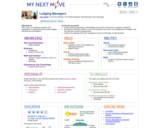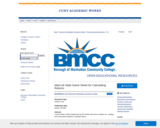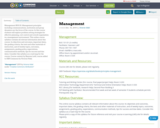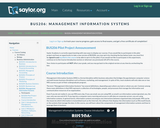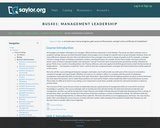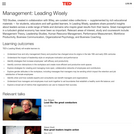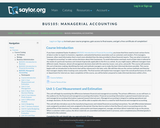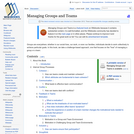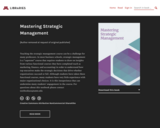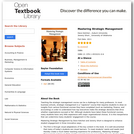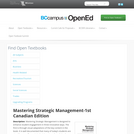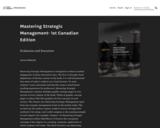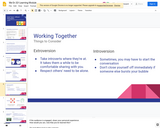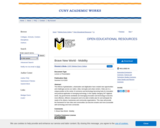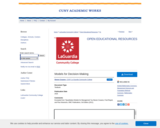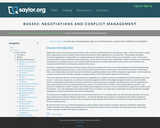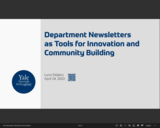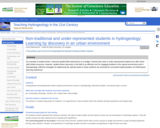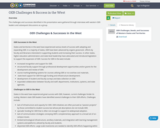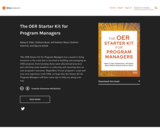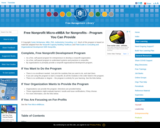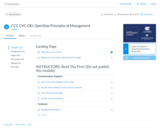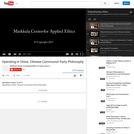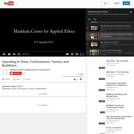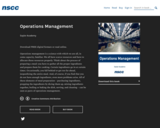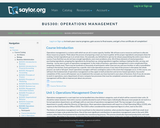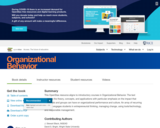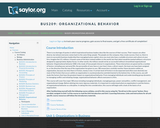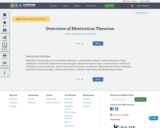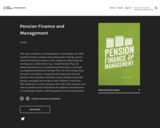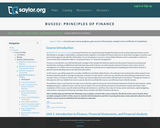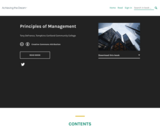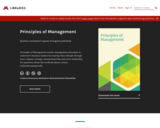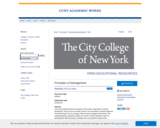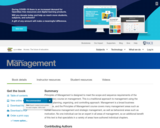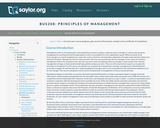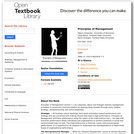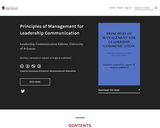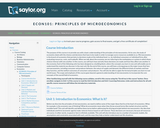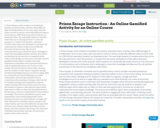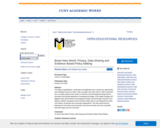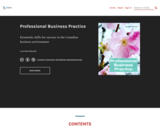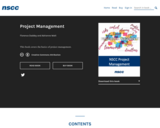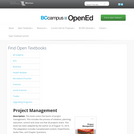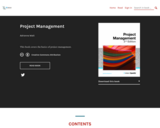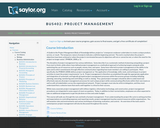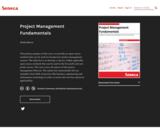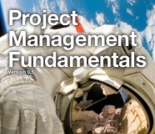Background:
In my experience, I have discovered many common roadblocks to non-traditional and under-represented student participation in hydrogeology:
Time constraints -- many students have complicated schedules and demands on their time that a traditional undergraduate does not have. For example, many of these students are working full time, and required experiences outside of the classroom often pose scheduling conflicts for students.
Communication skills -- many under-represented students arrive in the classroom with communication skills that are not fully developed. Students are often learning English as they are learning the complex vocabulary of hydrogeology.
Math skills -- many students are under prepared in math and/or have math phobias
Funding -- many students are unable to pay laboratory and field trip fees.
I currently teach at minority serving institution. Here, I find that hands-on practice is the most successful learning experience for students. Students grasp concepts such as discharge, flux, and residence time more effectively when they are active participants in the learning process. The most effective method I have found for addressing these issues and encouraging under represented student participation in hydrogeology is to create student-designed group research projects. I used this strategy three quarters in a row, and the same students (as well as new students they recruit) continue to sign up for these courses. This trend, in addition to students' growing confidence in engaging in the scientific method, is my primary evidence for success.
Resources are very limited at my institution, so here are a couple of suggestions that work well.
Borrow equipment -- from other universities, from consulting companies, from colleagues.
Simplify analyses -- many interesting conclusions can be drawn from simply pH, conductivity, and temperature data. But, there are also relatively inexpensive test kits on the market that are sufficient for class purposes (ex. LaMotte urban water test kit ~$30).
Description
Everyone will have different class sizes, student preparation levels, and goals when attempting an exercise like this, so I will provide general information, which others can modify to meet their needs. Below I briefly outline the steps I take the students through during the project and highlight ideas for improving success for the targeted groups.
Form groups -- depending on class size, 2-4 students per group (I try to ensure the groups are balanced based on skills and student interests)
Choose topic -- I usually provide a list of possible topics and have students adapt a topic from the list that interests them. Students require a lot of guidance at this stage to assure selection of a manageable topic for a quarter-long project. This is the most important step - guiding students into a topic they are passionate about and where they can be successful is key. Students usually have no shortage of questions they want to answer about water in an urban environment! Since most of the students have spent their whole lives in an urban situation, they are deeply passionate about these issues.
Research literature -- students perform a background search for previous work on their topic to help guide them. I provide a laboratory session on how to search the library and databases for related information, as well as provide a list of recommended journals and websites. In addition, students locate supporting data (discharge, well levels, precipitation)
Plan study -- we discuss study design, sample types, sampling location, frequency. During this phase, students use maps, study weather patterns, and determine site accessibility.
Collect data -- we set aside lab periods for collecting data together. These are the sessions where you should be prepared to answer all sort of questions. Once the students begin implementing their study, many new questions come up.
Analyze and interpret results -- multiple lab periods are used to analyze data; student data are the basis of the remainder of labs. Techniques discussed are applied to their group projects.
Present findings -- students assemble posters and present results to their classmates.
Urban topics
Below is a short list of topics to stimulate ideas. Equipment required includes pH meter, conductivity meter, flow meter, Lamotte test kits.
Sources of N and P to the Los Angeles River
Contribution of golf courses to urban runoff
Extent of tidal influence on Ballona Creek
Metal fluxes from storm drains to the ocean
Relationship of land use to water quality
Relationship of population demographics to water quality
(Note: this resource was added to OER Commons as part of a batch upload of over 2,200 records. If you notice an issue with the quality of the metadata, please let us know by using the 'report' button and we will flag it for consideration.)



